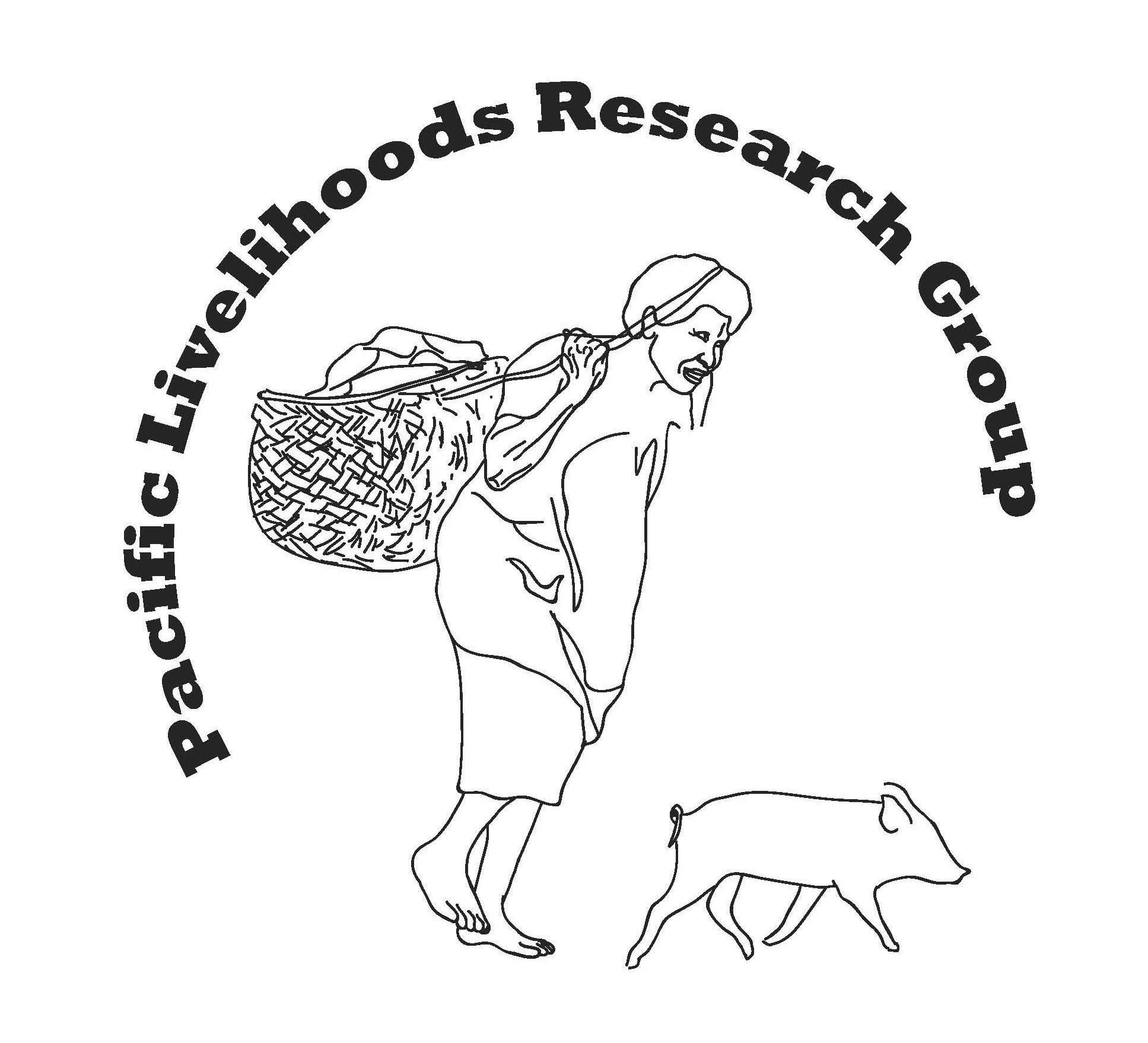In the 2022 coffee season, the coffee price was strong, around double what it had been two years earlier. But in a community in Bena where we are working, coffee farmers were worried. A new pest, coffee berry borer (CBB), had arrived in the community. CBB was first detected in Papua New Guinea in the Banz area in 2017, and has since spread rapidly through the main coffee growing areas in the highlands. When CBB first reached Bena infestation levels were low, but by the height of the coffee season in May 2022, infestation levels were very high and farmers were deeply concerned.

Source: Comunicaffe International and http://onebugaday.blogspot.
com/2014/11/coffee-berry-borer.html
CBB is a major pest worldwide. This tiny insect bores its way into the immature coffee bean, where it then feeds and reproduces, entirely destroying the bean. In Bena, coffee is an important source of income for many families, so farmers were understandably concerned about the loss of income. Curtin University and Coffee Industry Corporation researchers have been working in this community under ACIAR-funded project, Improving livelihoods of smallholder coffee communities in Papua New Guinea (ASEM-2016-100), to trial smallholder processing of coffee using a machine called a demucilager to help farmers both reduce labour inputs and increase the quality of coffee and therefore the prices they receive. After significant initial interest in the technology, high CBB infestation levels were leading farmers to become disillusioned, as a significant proportion of their coffee cherry was being rejected from the group’s demucilager. Farmers were particularly worried because they had no knowledge of how to control the pest.

This lack of farmer knowledge on the management of CBB is currently being addressed through the development of a farmer training guide for CBB management which has recently been published by ACIAR. This training guide was developed through a collaboration between our project and another ACIAR funded project, led by Dr Ian Newton, Protecting the coffee industry from Coffee Berry Borer in Papua New Guinea and Australia (HORT/2018/194). See here for a CBB management success story following the implementation of the guide’s management approach.

The CBB management guide is part of the Smallholder Coffee Production in Papua New Guinea Training Package, a package that has been designed to assist extension officers in delivering training for farmer groups in the production, processing and marketing of coffee, and to allow the training of new extension officers to extend the reach of the farmer training program. The training package consists of 4 modules for extension officer capacity building and 17 modules covering coffee production and marketing by smallholders.

The Smallholder Coffee Production in Papua New Guinea Training Package and other CBB training material produced under HORT/2018/194 was launched by the PNG Minister for Coffee, Joe Kuli, on 9th August 2023. The CBB guide is available to download now, and other guides will soon be available to download from the ACIAR website.
Reference:

